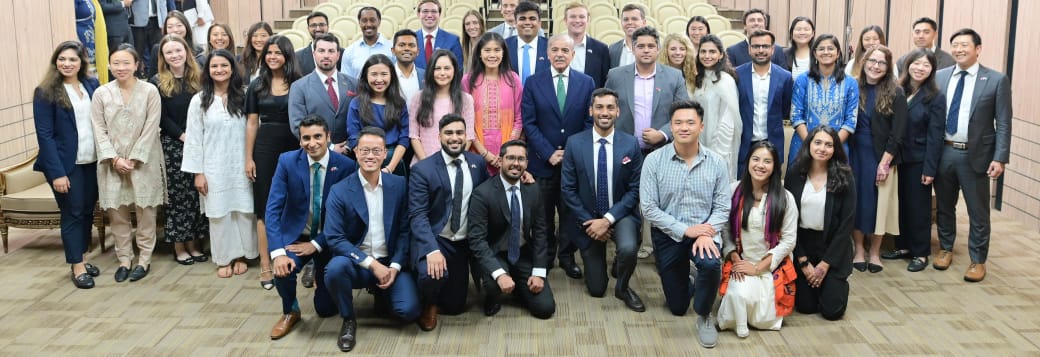Empowerment of ECP without creating accountability mechanisms caused electoral disaster in Pakistan.
PRESS RELEASE
As many as 78% Form-47s are littered with multiple deficiencies.
Despite prolonged delay in the announcement of poll results, the result forms of Feb GE-2024 are littered with counting errors, missing vital information as polling staff lacked professional rigor, diligence and consistency.
Islamabad, 5 June, 24: Cash starved Pakistan had spent about PKR 50 billion on the conduct of general elections 2024. A significant percentage of the budget was invested on capacity building of polling staff as well as to record voting information correctly. They were also equipped with handbooks and election rules for the preparation of result forms. Yet, result forms are littered with calculation errors and lack essential information. Simply quality of result forms radically deteriorated in the GE2024. Seemingly, it was result of two factors – empowering the ECP without installing effective accountability mechanisms, and, secondly, failure to insulate interference of the executive in the affairs of the ECP, which had likely to erode diligence, rigor of as well as owning responsibility by the Returning Officers. This is the crux of the PATTAN-Coalition 38’s audit of the result Form-47s (provisional consolidated statement of result of the count) of National Assembly constituencies.
PATTAN’s audit is based on the result Forms-47s of 265 of 266 National Assembly constituencies which were available on the ECP’s website. Under the Election Act 2017 and the Election Rules, Returning Officers were obliged to write every required detail in the relevant section of Form-47, and to record each digit and word diligently. Strangely, most ROs appeared to have ignored the instructions. Resultantly, overall, 68.7% (or 182 constituencies) of ROs didn’t mention their designation and name of parent departments, ignored to write place where forms were prepared, nor mentioned date of preparation. 24% didn’t affix official stamp on forms. It is worth stating here that the above details are essentially vital to fix responsibility, should poll results are challenged.
Moreover, though the ECP had failed to meet all the legally obligatory deadline to announce poll results, and delayed them for more than two weeks, it could not prepare result forms diligently during the expanded period. For instance, Forms-47s of 13.2% (35) constituencies) carry counting errors in obtained votes by candidates, while 3.8% forms are likely to have simple calculation errors in polled and rejected votes. Nine forms were found without male and female polled votes or didn’t have disaggregated votes.
Moreover, 73% of ROs didn’t use standardized seal/stamp. Omission of these critical details not only are against the Elections Act 2017 and election rules but also it is a clear violation of transparency – one of the guiding principles of the ECP. Should a candidate challenge result of elections, it would be hugely difficult to establish who had prepared the form.
Also, our audit shows that significant number of forms carry multiple categories of errors and missing information. For instance, 16 forms have four to six kinds of problems, 39 forms carry three categories of deficiencies, while 58 and 94 forms have two and one categories of defects respectively.
It is worth stating here that under the Election Rules 2017, and section 51 of the Elections Act 2017 the ECP appoints ROs only government officers who are in the ‘pay-scale of 17 and having good integrity and reputation’. In light of that, for the GE 2024 the ECP had appointed high officials from civil service, who are considered the most able and capable people in the country. Sadly, their performance appears to be highly disappointing.
For more details, please see attached tables and charts.
Recommendations:
1. We are convinced that most of the above-mentioned deficiencies would not have happened, if the ECP had used Electronic Voting Machines. Therefore, we demand to start piloting EVM in all coming by-elections, local elections etc.
2. In future elections, government officials should not be appointed as DROs, and ROs because it is easier to manipulate them. Instead, judicial officers are likely to be independent and follow the rules, therefore, they should be appointed as DROs and ROs in future elections.
3. All result forms require thorough examination for fixing responsibility of poor performance and for recording comparable data.
4. Gender wise disaggregated turn-out must be recorded on every result form.



